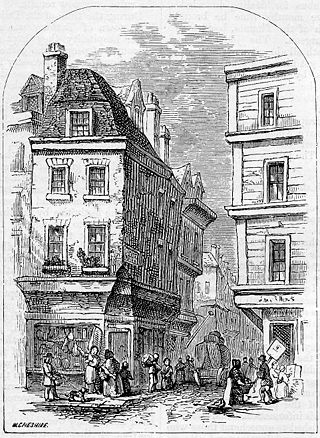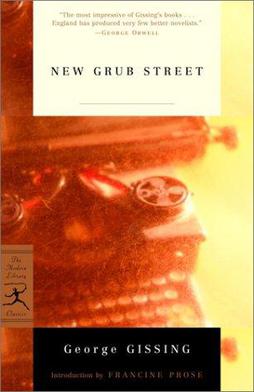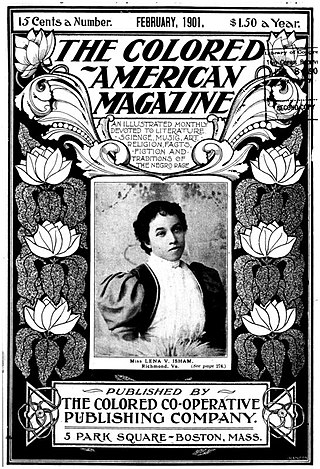Grub is either another word for the larva of the beetle superfamily Scarabaeoidea or a slang term for food. It can also refer to:
Burton, Burtons, or Burton's may refer to:

New York is an American biweekly magazine concerned with life, culture, politics, and style generally, with a particular emphasis on New York City.

Orville Willis Forte IV is an American comedian and actor. He was a cast member on the NBC sketch comedy series Saturday Night Live for eight seasons from 2002 to 2010. During his time on the show, he played a recurring character that led to a feature film adaptation, MacGruber (2010), and a streaming television limited series in 2021. Forte also created and starred in the sitcom The Last Man on Earth (2015–2018). For the series, he received three Primetime Emmy Award nominations: two for acting and one for writing.
Gruber is a German surname from Austria and Bavaria, referring to a person from a geological depression, mine, or pit. It may refer to:

Until the early 19th century, Grub Street was a street close to London's impoverished Moorfields district that ran from Fore Street east of St Giles-without-Cripplegate north to Chiswell Street. It was pierced along its length with narrow entrances to alleys and courts, many of which retained the names of early signboards. Its bohemian society was set amidst the impoverished neighbourhood's low-rent dosshouses, brothels and coffeehouses.

New Grub Street is a British novel by George Gissing published in 1891, which is set in the literary and journalistic circles of 1880s London. The story deals with the literary world that Gissing himself had experienced. Its title refers to the London street, Grub Street, which in the 18th century became synonymous with hack literature, although by Gissing's time, Grub Street itself no longer existed. Gissing revised and shortened the novel for a French edition of 1901.

Grub Street is Towson University's arts and literary magazine. Published yearly, the magazine features the writings and artwork of Towson students and others in the community. The magazine is nationally recognized and has won many awards given by the Columbia Press Association. It is available free of charge at locations on the Towson University campus.
Grub Street Productions was an American production company founded in 1989 by three writers and producers: David Angell, Peter Casey and David Lee - who met while working on Cheers and left that show to form it. It was affiliated with Paramount Television.

MacGruber is a 2010 American action comedy film based on the Saturday Night Live sketch of the same name, itself a parody of action-adventure television series MacGyver. Jorma Taccone of the comedy trio The Lonely Island directed the film, which stars Will Forte in the title role; Kristen Wiig as Vicki St. Elmo, MacGruber's work partner and love interest; Ryan Phillippe as Dixon Piper, a young lieutenant who becomes part of MacGruber's team; Maya Rudolph as Casey, MacGruber's deceased wife; and Val Kilmer as Dieter von Cunth, the villain.
GrubStreet, Inc. is a non-profit creative writing center located in Boston, Massachusetts that hosts workshops, seminars, consultations, and similar events. It also offer scholarships.
Joshua Ozersky was an American food writer and historian. He first came to prominence as a founding editor of New York magazine's food blog, Grub Street, for which he received a James Beard Foundation Award in 2008. He was the author of several books, including The Hamburger: A History, Colonel Sanders and the American Dream and Archie Bunker's America: TV in an Era of Change, 1968–1978. He was Editor-at-Large for Esquire, writing about food and restaurants. He also wrote frequently for The Wall Street Journal, Food & Wine, and The New York Observer, among other places. Although read primarily as a food writer, he has said in numerous public appearances that he disliked "food writing" as such, and that his strongest influences were G. K. Chesterton, Thomas Babington Macaulay and A. J. Liebling.

The Colored American Magazine was the first monthly publication in the United States that covered African-American culture. It ran from May 1900 to November 1909 and had a peak circulation of 17,000. The magazine was initially published out of Boston by the Colored Co-Operative Publishing Company, and from 1904 forward, by Moore Publishing and Printing Company in New York. The editorial staff included novelist Pauline Hopkins who was also the main writer. In a 1904 hostile takeover involving Booker T. Washington, Fred Randolph Moore purchased the magazine and replaced Hopkins as editor.
This page is based on this
Wikipedia article Text is available under the
CC BY-SA 4.0 license; additional terms may apply.
Images, videos and audio are available under their respective licenses.






